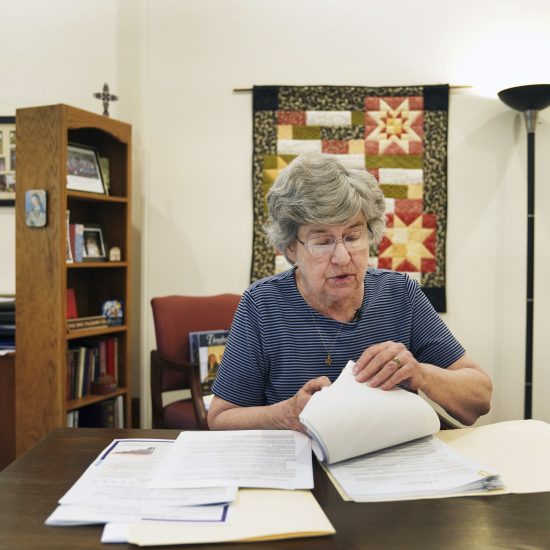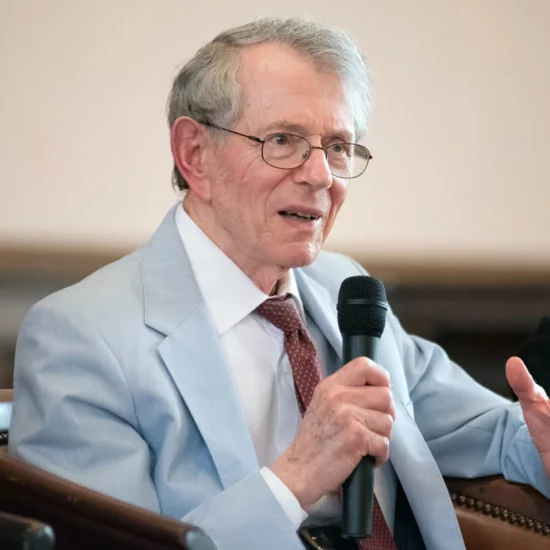WASHINGTON (ABP) — In the latest edition of its annual report on global food insecurity, a Christian anti-hunger group praised efforts by President Obama’s administration to battle world hunger but warned that cutting food aid due to budget concerns would be short-sighted.
“Hunger both abroad and at home is no longer a problem of technological capability or the knowledge of what we need to do or even an understanding of how we should integrate nutrition into agricultural development … but it is fundamentally a problem of collective action and leadership,” Rajiv Shah, administrator of the United States Agency for International Development, said at a Nov. 22 press conference marking the release of Bread for the World’s 2011 Hunger Report.
“The report highlights some huge opportunities," Shah said. "It also highlights, if we’re being honest, some huge deficiencies.”
The report praised Feed the Future, a USAID program launched earlier this year to coordinate the government’s efforts to fight malnutrition and food insecurity.
“Feed the Future, a bold new U.S. initiative, may be the best opportunity to come along in decades for the United States to contribute to lasting progress against global hunger and malnutrition,” the report says. “It should have the strong support of the U.S. public.”
The program helps coordinate the government’s efforts in food aid and agricultural development. It comes partially in response to a spike in food prices that contributed, along with a global economic downturn, to a dramatic increase in world hunger in recent years. Bread for the World said chronic hunger affected an estimated billion people in 2009, compared to 847 million in 2005-2007. While that number decreased to 925 million in 2010, the report says that recent instability in food prices means the figure could increase again.
Bread for the World President David Beckmann said Feed the Future and coordinated efforts by other governments around the globe offer an unprecedented opportunity to make a significant dent in chronic hunger.
“Our job is usually to push government officials to do a better job for hungry and poor people, but this report is a 200-page hurray,” he said. “I’m really proud and gratified that our government is leading an international initiative that is responding in the right way to the big increase in hunger and poverty that we’ve seen over the past few years.”
Beckmann said Feed the Future “is smart … to get the world to invest more in the productivity of poor farmers, because these high food prices are really tough on poor people as consumers, but they’re also an opportunity for poor farmers if they can get the support that they need to respond to high food prices with increased production — and that way they can contribute to the solution to the problem and at the same time increase their own incomes.”
But, amid record budget deficits and a political climate in which many in Congress are clamoring for dramatic cuts to federal spending, Beckmann warned that cuts to anti-hunger programs would be foolish.
“The amount of money that we need in order to continue U.S. leadership in reducing world hunger is microscopic in relation to the U.S. federal budget — but that amount of money is really important to millions o poor people around the world,” he said. “And it is also important to our national security.”
The hunger report was co-sponsored by several Baptist groups that support Bread for the World, including the American Baptist Churches USA, Baptist World Aid and the Cooperative Baptist Fellowship. It includes a study guide for church groups to use in exploring issues around hunger and poverty.
-30-
Robert Marus is managing editor and Washington bureau chief for Associated Baptist Press.
Read more:
Bread for the World 2011 Hunger Report
Previous ABP story:
Global downturn necessitates redoubling of U.S. anti-poverty efforts, report says (11/25/2008)





